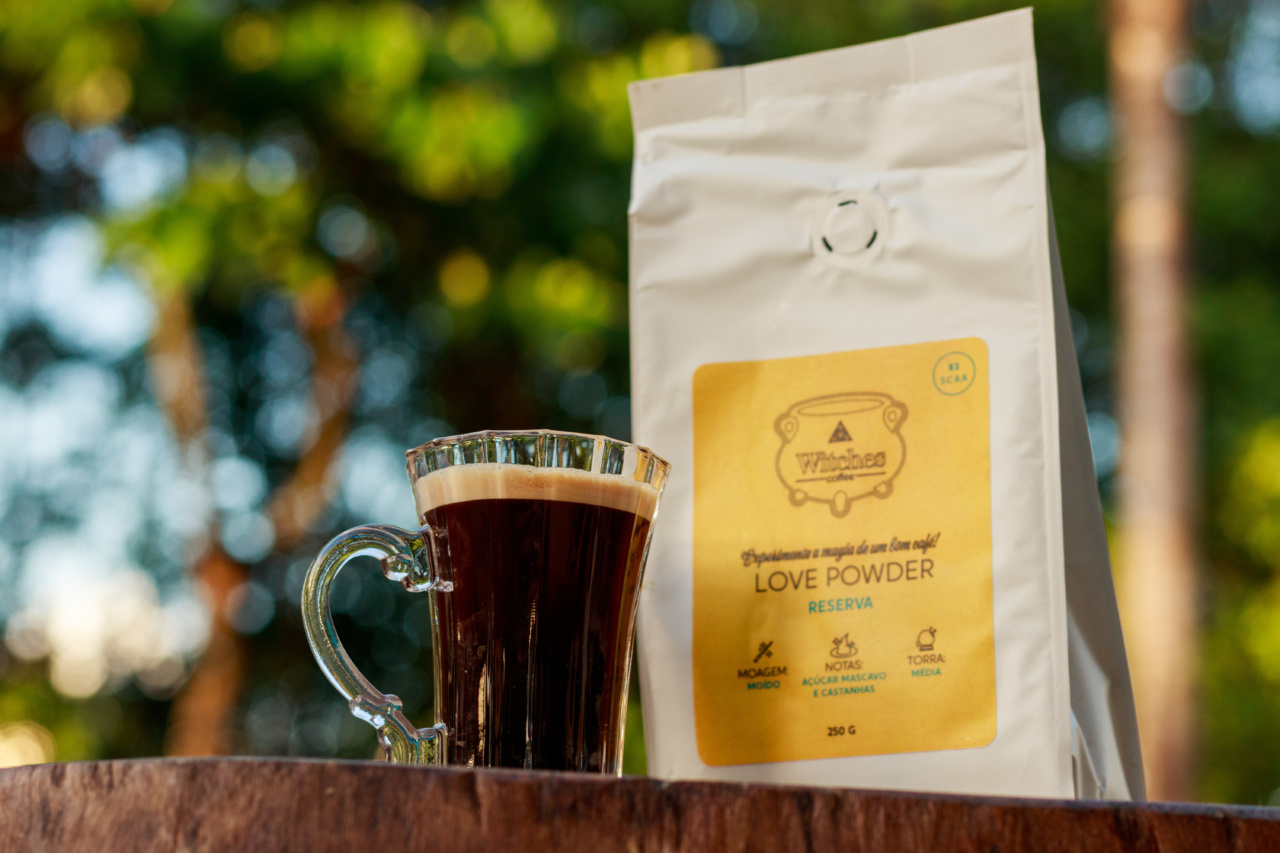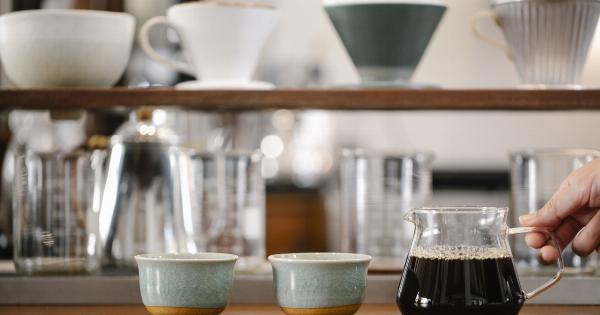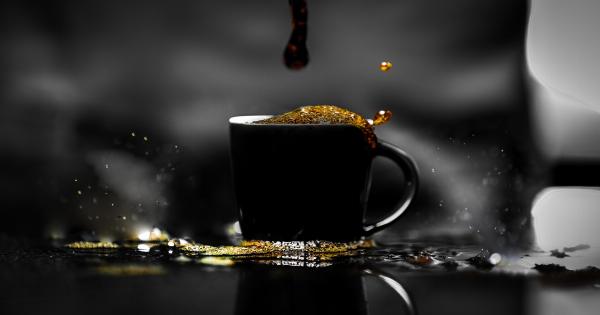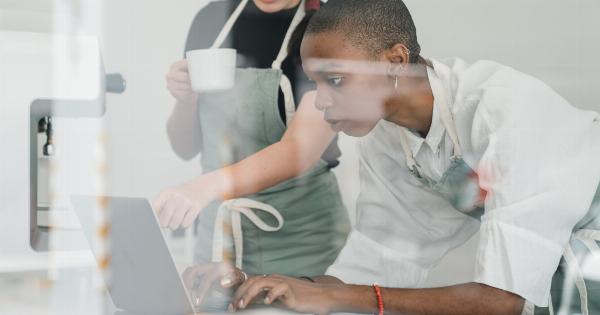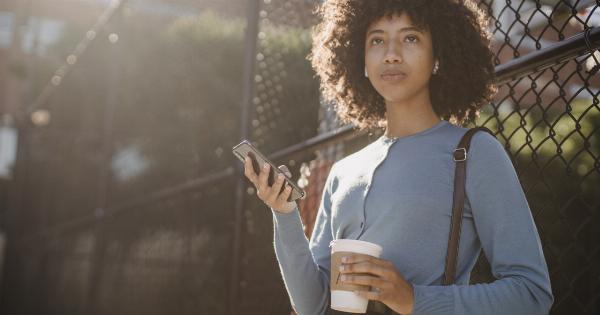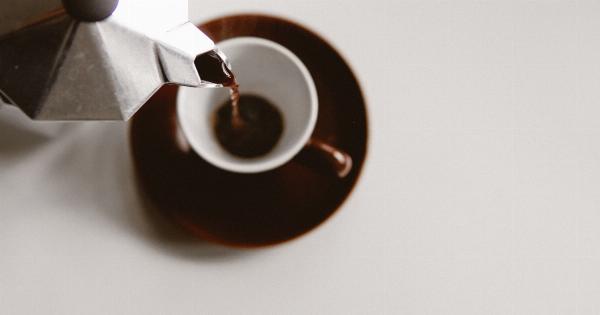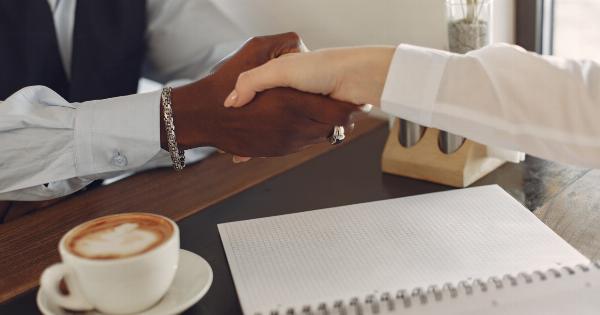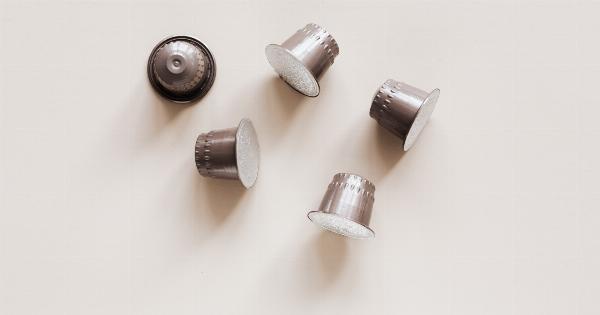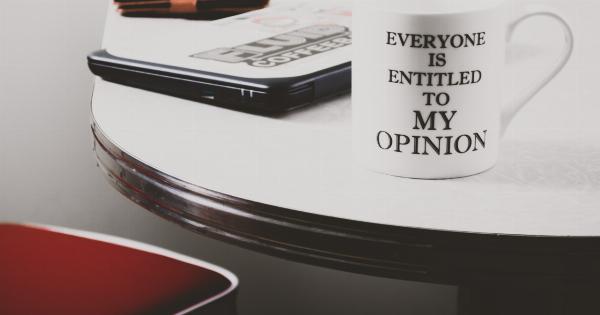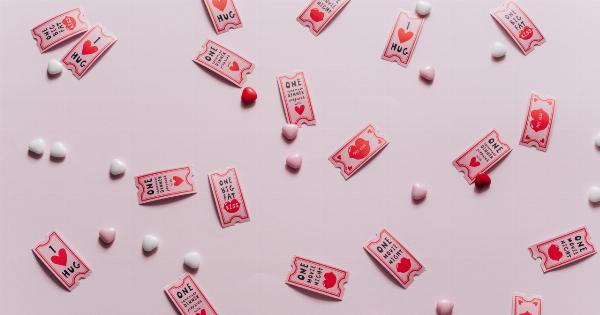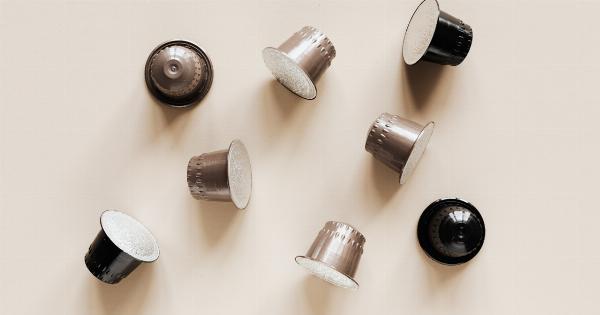Coffee is the most popular energy drink consumed worldwide. A cup of coffee (or two) is a natural go-to for many people to get their day started.
Coffee is known to have several benefits, including reducing the risk of diabetes, liver cancer, and age-related cognitive decline. However, the most debated topic about coffee is its effect on dehydration. In this article, we will explore the truth about coffee and dehydration.
What is Dehydration?
Dehydration occurs when the body loses more fluid than it consumes. Dehydration can occur for several reasons, including sweating, urination, and gastrointestinal problems. The severity of dehydration is determined by the amount of fluid lost by the body.
The extent of dehydration can range from mild to life-threatening. Symptoms of dehydration include dry mouth, fatigue, dizziness, headaches, and dark urine.
How Does Coffee Affect Dehydration?
Coffee is a natural diuretic, which means it reduces the amount of water in the body. A diuretic works by increasing the urine output, resulting in a loss of fluids from the body.
Caffeine, one of the main components of coffee, is a mild diuretic that can cause dehydration if consumed excessively. Drinking more than three to four cups of coffee per day can lead to dehydration, especially in people who are sensitive to caffeine.
The Myth of Coffee Dehydration
The belief that coffee causes dehydration has been a prevalent myth for decades. However, recent studies have found that coffee consumption does not lead to dehydration.
A study published in the PLOS ONE journal by researchers at the University of Birmingham found that moderate coffee consumption does not lead to a significant loss of fluids or electrolytes. The study involved 50 healthy coffee drinkers who consumed four mugs of coffee per day for three consecutive days. The participants’ urine output, body weight, and blood samples were measured to determine their hydration levels.
The study concluded that coffee had no significant effect on dehydration levels in the participants.
Coffee Hydration Studies
Another study published in the journal Nutrients found that coffee consumption does not lead to dehydration, even in high doses. The study involved 108 participants who drank either coffee, water, or a sports drink.
The participants then had their hydration status measured using a urine test and a body mass index (BMI). The study concluded that coffee, like water and sports drinks, can be effectively used as a source of hydration.
How Can You Stay Hydrated While Drinking Coffee?
Coffee can be enjoyed in moderation, especially if you’re looking for an energy boost or increased mental focus. However, drinking coffee excessively can lead to dehydration. To stay hydrated while drinking coffee, here are some tips:.
1. Drink Enough Water
The most critical factor in staying hydrated while drinking coffee is to drink enough water. Water helps to replenish the fluids lost through coffee consumption.
2. Limit Your Coffee Intake
Drink coffee in moderation, and keep your caffeine consumption levels low. Experts recommend not drinking more than three to four cups of coffee per day. Drinking more than this can lead to dehydration, especially in people who are sensitive to caffeine.
3. Monitor Your Physical Responses
Understanding your body’s response to coffee is crucial for staying hydrated.
If you notice that you are experiencing symptoms of dehydration such as headaches, fatigue, dry mouth, or dark urine, it’s time to cut down on your coffee consumption and drink more water.
4. Drink Water Before and After Coffee
Drinking water before and after drinking coffee can help to rehydrate the body and flush out any fluids lost through coffee consumption.
The Bottom Line
While coffee is a natural diuretic that can lead to dehydration, drinking coffee in moderation does not cause dehydration. Coffee can be enjoyed as part of a healthy lifestyle and is an excellent source of antioxidants and other beneficial compounds.
To stay hydrated while drinking coffee, drink enough water, limit your coffee intake, monitor your physical responses, and drink water before and after drinking coffee.
